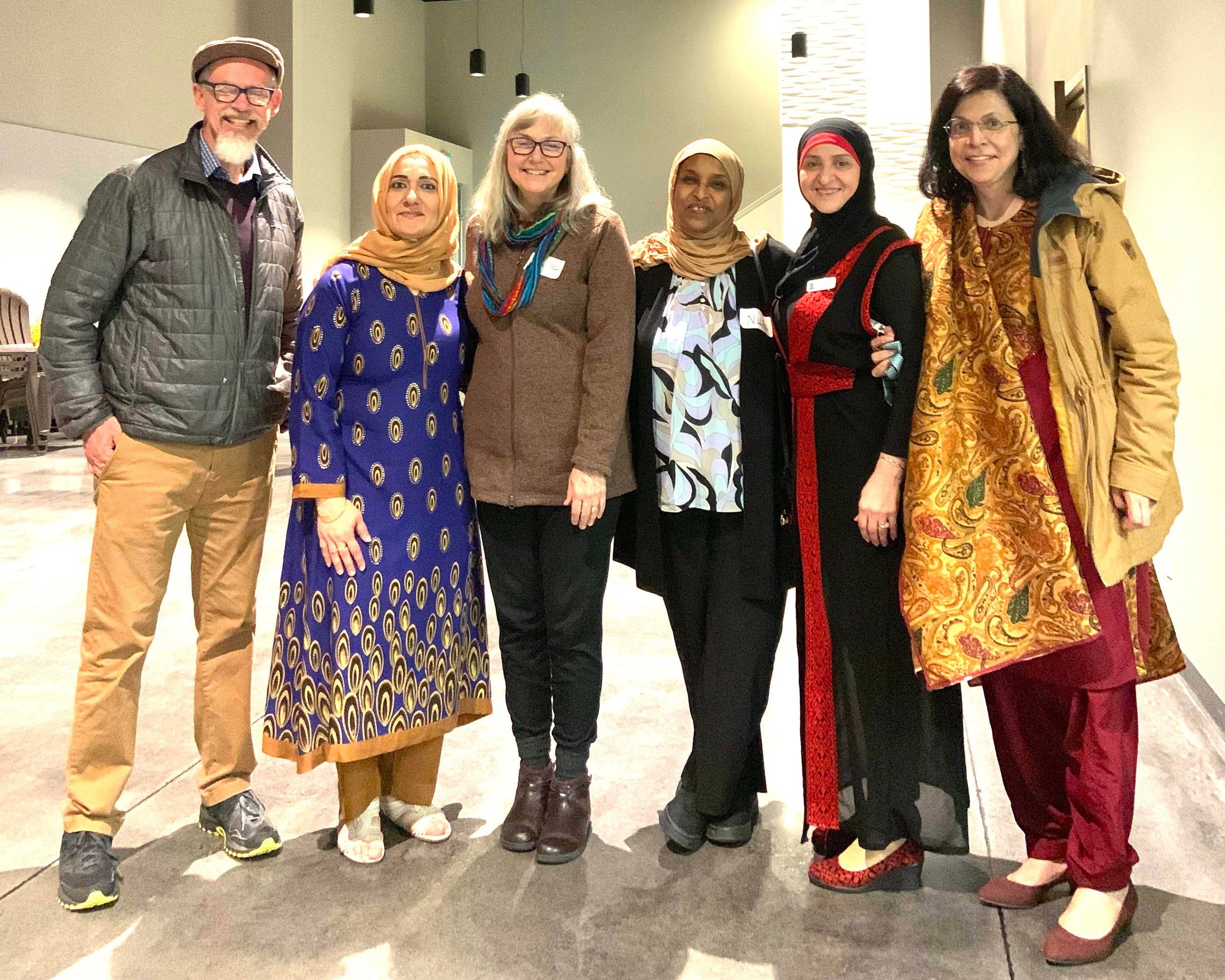Peacemaking: Why It's a Really Big Deal
In the next number of weeks, I will be writing several blog posts on Frequently Asked Questions (FAQs) and peacemaking topics. These are part of the Peacemaking Seminar put on by Peace Catalyst International.
Peace Catalyst International (PCI) wants to ignite a peace revolution – a peace movement! But it’s hard to do when so many evangelical Christians act as if peacemaking is such a minor theme in the Bible. In fact, peacemaking has gotten a bad reputation with evangelical Christians. Many think that peacemaking is the domain of liberals. Or that people who don’t really believe in the gospel veer into peacemaking instead. Peacemakers focus on social issues, while evangelists save souls. Overstated? Yes. Stereotypes? Yes. But like all stereotypes, they reflect an element of truth.
I have had the privilege of studying under some of the best theologians and missiologists in America. I learned many valuable lessons about hermeneutics, biblical theology, strategy, culture and contextualization. Yet no one really taught about or prepared me for peacemaking. This was something I had to learn the hard way—on the job. So I have spent the last 30+ years studying and applying what the Bible says about peacemaking.
To be honest with you … I feel I have been ripped off. I’ve experienced tons of unnecessary pain because my teachers and mentors didn’t teach me about peacemaking. I’ve personally failed to reflect the peaceable ways of Jesus because I never really saw them in Scripture. I’ve lived with an implicit sacred/secular dichotomy because I didn’t know that the gospel of peace and the command to pursue peace are both part of the gospel of the kingdom.
So how will we address this in PCI? We want to give you a new Bible. No, we don’t want to actually buy you one. I’m talking about paradigm shift. We want to help you read your Bible with new lenses on.
As peacemakers we represent the God of peace, pursue the peace of God and share the gospel of peace. A rock-solid foundation for a peace revolution. Next, there are eight pillars (or practices) of peacemaking. We pray for peace and pursue peace with all people. Peacemaking is something we do inside and outside the church. The term peacemaking describes the breadth and depth of God’s work of peace in the world. Finally, the one goal of our peacemaking seminars and the key to a peace revolution: communities of reconciliation. Communities of reconciliation refer to teams, initiatives or fellowships committed to working for peace.










